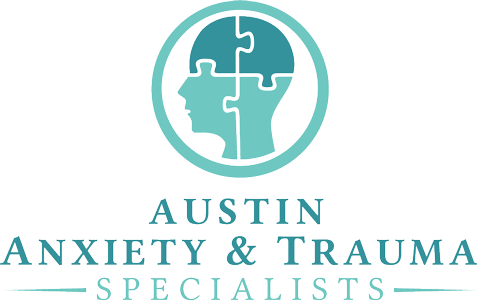The bad news: social media can make bad news seem endless. Ever catch yourself scrolling through story after story of civil unrest, climate peril, warfare, political controversy, or economic downfall? You may have fallen into the vicious cycle of doomscrolling.
Doomscrolling refers to binging negative news or social media posts about upsetting topics. The phrase’s fully-fledged modern use took off some time in 2018 with tweets from users expressing fatigue from the constant stream of bad news on their feed. Its use resurfaced frequently during the COVID-19 pandemic and continues to be used to this day.
If you’ve ever caught yourself doomscrolling, you’re not alone. One study published in the Health Communication journal found that almost 17% of people consume news in a “severely problematic” way, and 27% in “moderately problematic” levels. But what makes media consumption problematic, and what can you do about it?
Effects of problematic media consumption
Of those who reported problematic news consumption to a severe degree, nearly three in four people experienced mental health problems and 61% suffered from physical problems. Out of all other study participants, only 8% and 6% reported mental health and physical concerns. Some of these consequences of doomscrolling may include:
- Disturbed sleep
- Increased panic, worry, and fear
- Worsened symptoms of anxiety, stress, or depression
- Feelings of sadness, hopelessness, disheartenment
- Reinforced cognitive distortions and negative world views
In today’s age of information, we’re faced with both the benefits and detriments of constant access to real-time news. Consuming excessive and especially alarming news can put us in a constant state of high alert. Doomscrolling is harmful because it focuses on the negative, making the world seem like a dark place where danger lurks at every corner. For people living with depression, feelings of hopelessness might emerge or amplify to crippling levels when imagining such a dark and dangerous world. These grim thoughts are just as dangerous as the fears media can amplify, especially for those with pre-existing mental health conditions.
Are you doomscrolling?
The first step to curtailing any harmful habit is recognizing when it’s become a negative force in your life. Take a moment to do an honest inventory of your social media and news intake. Unhealthy news consumption looks like—
- Spending long periods of time absorbed in distressing stories
- Attempting to “relax” or soothe anxiety by reading more news
- Checking the news throughout the day
- Fearing missing an important news update if you don’t check the news
- Difficulty detaching from a story
- Feelings of sadness, distress, worry, or agitation after reading the news
- Difficulty sleeping after consuming news, especially while thinking about it
Why do people doom scroll?
Crawling your way out of the endless rabbit hole of scrolling through any form of media (positive or otherwise) can be quite the challenge. But if the topics are so distressing and paint such a bleak outlook of the world, why do we engage and struggle to quit? Some people can’t seem to stop consuming negative news due to—
Feelings of helplessness. News of dangers and terrors make us feel like the world is a place of chaos. When we feel out of control to the elements, it’s natural to seek ways to exercise autonomy. Being aware of world events and preparing for the worst can seem like a way to feel in control, but it creates more anxiety instead.
Pre-existing mental health conditions. People living with anxiety, panic disorder, obsessive-compulsive disorder (OCD), Post-Traumatic Stress Disorder (PTSD), and even social anxiety are especially likely to consume media in an unhealthy manner. Unfortunately, doomscrolling is also likely to worsen symptoms of these conditions.
A need for validation. Fearing for your safety and well-being as well as the state of the world and everyone in it are challenging emotions to process. You may hear an upsetting news update and turn to other articles, blogs, and online reactions to seek information that confirms how you feel.
Read: How To Cope in Times of Crisis
Tips to cut back
Finally, here’s some good news: it can get better. Here are a few ways you can still get those updates, but without overdoing it:
- Set a time limit when reading or watching the news.
- Seek out good news and follow positive sources.
- Take a break from the news and go outside for a mental wellness shot.
- Avoid reading news first thing in the morning as it could put a damper on your day.
- Avoid reading news right before bed so it won’t disrupt your sleep.
- Practice mindfully journaling your thoughts on events.
- Know when to seek help.
It’s natural for alarming news to make you feel uneasy or anxious, but it’s important to be able to recognize when it becomes harmful. If you notice intensified feelings of hopelessness, anxiety, despair, sadness, or any of the other effects listed above, consider speaking to a therapist. A professional can help you sort through complex emotions and give you the tools and treatment you need to feel better.
Our therapists at Austin Anxiety and Trauma Specialists offer online counseling to all residents of Texas. Book a session with us today and we’ll match you with a therapist who can prescribe the right treatment for you. It can get better. We can help.






